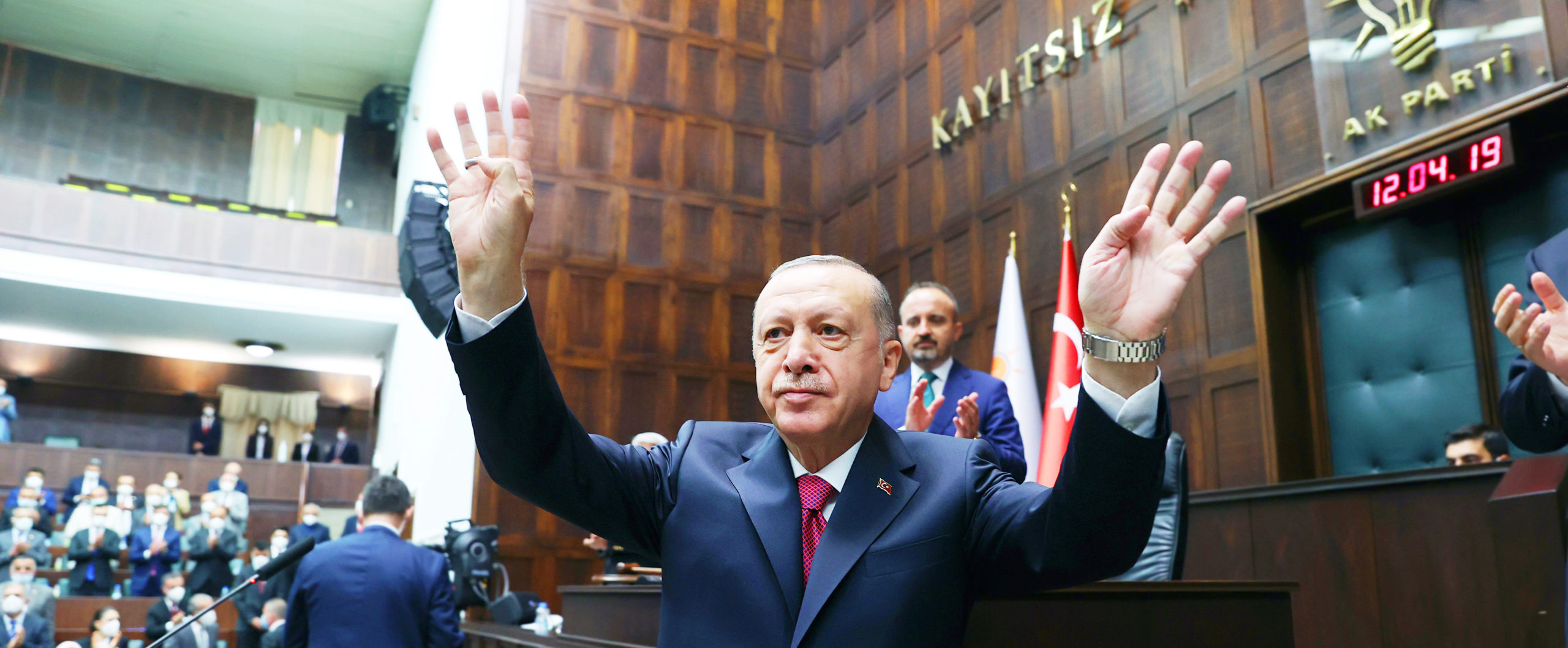If you’re not paying attention to Turkey, you should be. As a result of its autocrat Recep Tayyip Erdogan’s eccentric personal interpretation of economics, particularly his war against a shadowy “interest rate lobby” supposedly run from London, the Turkish Lira’s slow, painful collapse is rapidly becoming a rout. Just five years ago, the Lira was trading at 3.3 to the dollar: now it’s hovering at around 11, and rapidly heading to 12 and beyond, as investors lose faith in the country’s ability to manage the economy. But still, the country’s central bank keeps slashing interest rates under Erdogan’s orders.
For middle-class Turks, the plunging Lira is a disaster. While the Turkish government claims an official inflation rate of 20%, independent analysts put the annual rise closer to 50%, putting imported goods out of reach for many, and straining their capacity to afford even essential household supplies like food and essential medicines. Erdogan’s AKP party cemented its rule on the back of growing prosperity, much of it fuelled by vast house building and infrastructure projects which enriched party cronies, but the cost of living crisis is accelerating discontent with his increasingly authoritarian rule.
For the country’s opposition leaders — at least the ones who haven’t yet been jailed — there’s a growing sense of optimism that Erdogan’s long rule as Prime Minister from 2003 to 2014 and then as President under his autocratic reform of the country’s political system six years ago is finally stuttering to a close. The country’s western-leaning secular opposition CHP party is making increasingly confident challenges to Erdogan’s series of missteps, demanding a snap election, but their optimism may be unfounded.
Since the failed military coup against him in 2016, Erdogan’s rule has become increasingly dictatorial. With no clear successor in line to succeed him, and rumours of ailing health surrounding him, Erdogan shows no desire to hand over the reins of power, and anyone expecting a smooth transition is likely to be disappointed. The AKP party’s rule has enriched too many people, in dubious ways, to make its leadership confident that a democratic change of power is not an existential threat.
As the Turkish analyst Selim Koru warned yesterday:
For Europe, particularly Spain, which is heavily exposed to Turkish debt, Turkey is simply too big to fail, but there are few means of restraint left. Erdogan’s woes are also a threat to Turkey’s neighbours: whenever he’s under pressure, his policy has been to distract the population with aggressive acts against nearby states.
But with Belarus making the migrant gamble toxic, and a new defence pact in place with France, Greece now seems safely out of the firing line; both Russia and the United States have apparently warned Turkey against any moves in Syria; so either the Kurdish PKK movement in northern Iraq or luckless Armenia now seem the most likely targets. With the walls now closing in on Turkey’s mercurial sultan, the next few months will determine the country and the wider region’s future — for good or ill.











Join the discussion
Join like minded readers that support our journalism by becoming a paid subscriber
To join the discussion in the comments, become a paid subscriber.
Join like minded readers that support our journalism, read unlimited articles and enjoy other subscriber-only benefits.
Subscribe